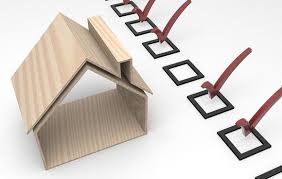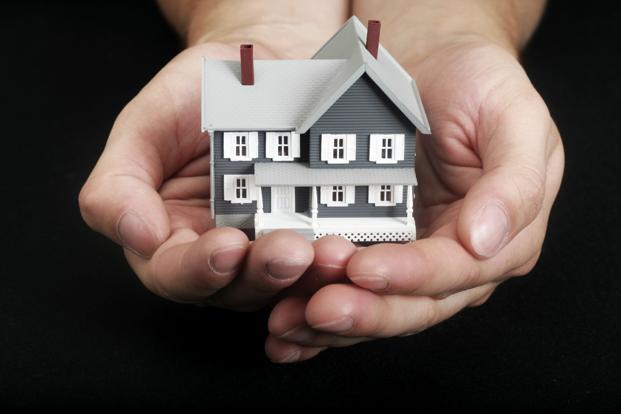10 Features Of A Profitable Rental Property
For a first-time investor in real estate, it can turn out to be an uphill task. From the decision to actually invest in buying your first rental property, it’s a lot of work. Here are some factors that should be considered when scouting for an income property in order to maximise your returns:
Starting Your Search
Fine, you could solicit the help of a real estate agent. However, still check for the property on your own so that you can find one that suits you. Take an unbiased approach to all the properties and locations within your investing range. The investing range is limited to the choice of management. If you’re going to manage the property on your own, the property has to be close to where you live. If you’re going to hire someone to manage it then closeness to the property might not be an issue.
Here are top 10 factors to consider when searching for a good rental property:
#1. Neighbourhood:
The type of neighbourhood determines the types of tenants the property attracts and the frequency of vacancies. For instance, in a neighbourhood close to a university, prospective tenants would most probably be students and frequency of vacancies will increase especially during summer when most of them tend to return home.
#2. Property Taxes:
You need to be certain about the amount of money you would be losing to taxes especially as an investor making money from rent. High property taxes might be great if the environment is a good place for long-term tenants. However, the two don’t always work together. You can talk to landlords in the community or visit the town’s assessment office for the tax information.
#3. Schools:
A school close to your rental property can attract tenants to the neighbourhood. However, the quality of the school influences the value of your investment. If the school has a poor reputation, prices will influence the value of your property poorly. You might be more concerned about the monthly source of income but the total value of your property reflects when you sell it.
#4. Crime:
No one wants to move into a neighbourhood with a reputation for criminal activity and whatnot. Run checks in the neighbourhood from the local police department to the public library, check for vandalism rates, crime rates, the frequency of police presence and so on.
#5. Job Market:
Areas with abundant employment opportunities attract more tenants. This, though, might influence house prices negatively or positively.
#6. Amenities:
Malls, gyms, theatres, parks, public transport hubs and other perks tend to attract potential tenants. Some parts of a city possess certain literature that can grant you an idea of the location of social amenities and private property.
#7. Building Permits and Future Development:
The civic planning department would reflect the incoming development or already existing ones. Condos, malls, parks and so on, springing up in an area has the potential for good growth. Do mind to keep track of new development that can hurt the price of surrounding properties and new condos that can breed competition for your renters.
#8. Number of Listings and Vacancies:
Before buying into a neighbourhood, check for the number of listings. If it’s unusually high, it can signify a season or a declining neighbourhood. Also, check whether seasonal fluctuations can be covered in vacancies. Like the listings, vacancy rates influence how best you can attract tenants; high rates force landlords to decrease the rents and vice versa.
#9. Rents:
Determine the average rent in the area you intend to live in. If it cannot cover your mortgage payments and other expenses, then you might have to keep searching. Research the area to check its future in the next five years or more. If the area has the potential to improve and property taxes might increase, even though you can afford it, it might portend bankruptcy later.
#10. Natural Disasters:
If a location is susceptible to flood, hurricanes or earthquakes, the extra insurance might eat away at your rental income. You would have to subtract the insurance from your returns so it is important to know how much you will need to carry
Getting Information
Talk to renters, as they would be more honest about the negative features of the vicinity since they have no vested interest in the area and landlords in the neighbourhood. Visit the neighbourhood often if you’re interested in it to see your future neighbours in action.
The Physical Property
Condos are the best investment property for beginners. A residential, single-family home condominium are low maintenance so you would only have to worry about the internal features. On the other hand, condos garner lower rents and appreciate slower than single-family homes which tend to attract long-term renters (families and couples). Families or two adults living mutually are better tenants than one person as they are more financially stable and don’t falter on rent payments. So, look for a property and a neighbourhood that can attract those kinds of tenants.
Afterwards, check for a property with a great estimated cash flow and appreciation potential (that is a property with some renovations that can attract tenants who can afford to pay higher rents). As real estate can sell below its listing price, consider properties within and outside your reach. Keep track of the listing prices of other properties and ask buyers about the final selling price to get an estimate of the market value in the area. The value of the house would appreciate if you intend to sell the house after a few years.
As regards cash flow, subtract your mortgage payments, property taxes, insurance costs and so on from the average rent. Try not to undervalue the cost of maintenance, if not you’ll have to deal with it later in the future. Then, get your real estate agent to submit an offer when all the figures tally and then send out business cards with Landlord inscribed on it.
Ready to Make the Move
Ensure you get the best mortgage rate if you want to invest in a rental property.
Conclusion
A lot of research is required to line up a good state, city and a good neighbourhood. Set realistic expectations for your rental property. Be patient for the property to start streaming in income for you. Investing in real estate begins with creating the financial avenue where you can purchase a rental property.





